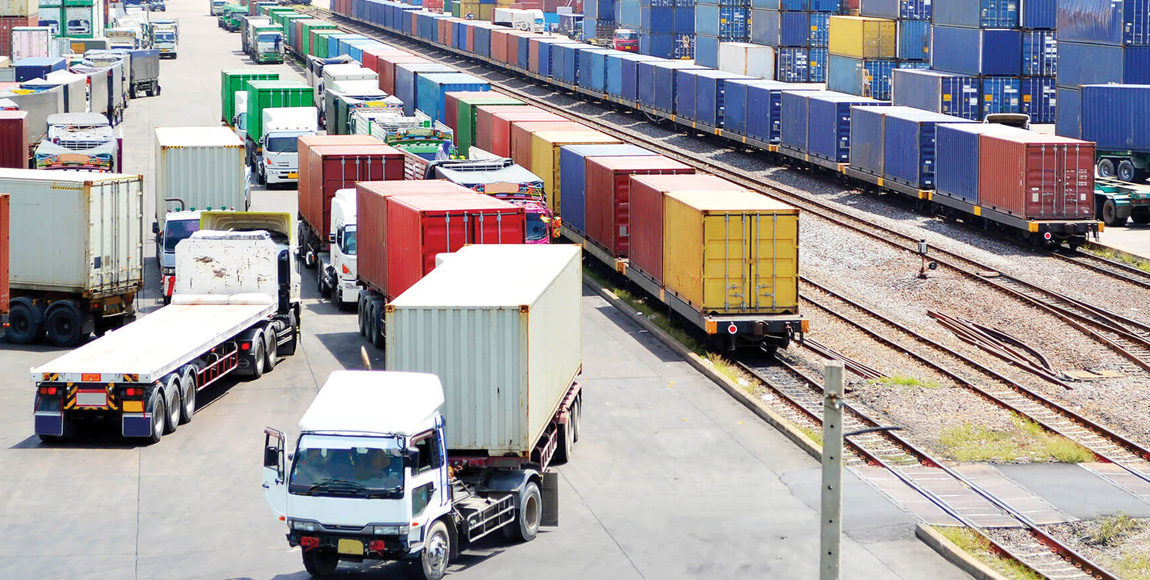The high cube container conundrum

Will South Africa’s Department of Transport lift its moratorium regarding the transportation of high cube containers? If so, what liability insurance implications does that have for the country’s transport operators?
Regulation 224(b) of South Africa’s National Road Traffic Regulations prohibits any person from operating a motor vehicle on a public road which, together with any load, has an overall height which exceeds 4,3 m. In this respect, the transportation of high cube containers is affected.
In 2018, the Department of Transport (DoT) put in place a moratorium which exempted the containers from the regulation. The moratorium ran from January 1, 2019 until January 1, 2020. At time of writing (December, 2019), there has been no formal communication from the DoT on whether the moratorium will be extended – meaning that Regulation 224(b) may be enforced. If that happens, the implications will be extensive.
One consideration that arises is how it will affect non-compliance with regard to a transporter’s liability insurance. Many liability policies include a warranty that the transporter will comply with all local road traffic safety laws.
In this respect, a transport company is obliged to ensure that its vehicles comply with the restrictions set out in the applicable laws and, where necessary, to obtain abnormal load or other suitable permits to transport goods.
If the transporter does not comply with the applicable laws and an accident occurs and damage is caused to the cargo, or to some third party – resulting in the transporter’s liability to the cargo interest or to the third party – this may result in the transporter’s liability insurer rejecting the claim on the basis that the transporter has breached the warranty contained in its insurance policy. The transporter may face claims from the cargo owner or the third party for the damage and its insurer may not pay out these claims.
Where a goods vehicle is moving through more than one country, different road traffic safety laws and restrictions may apply. This means that the transporter must ensure that the vehicle used complies with the road traffic safety laws in each country through which it passes. However, what is legal in one country may be illegal in another.
This can result in confusion for the transporter as well as additional costs and delays, since the transport company must ensure that it has the applicable permits to ensure that its vehicle complies with each country’s laws. If the transporter fails to comply, criminal prosecution could follow, along with fines and the rejection of any claims by its liability insurer in the event of an accident.
The fact that a particular country’s road traffic authorities do not enforce certain road traffic safety laws means that a transporter may not face criminal prosecution for failing to comply. However, the transporter’s liability insurers may still reject a claim where the transporter has failed to comply with the laws – notwithstanding the fact that those laws are not actively being enforced.
If South Africa does repeal the current moratorium against prosecution for non-compliance with Regulation 224(b), transporters may face both criminal prosecution as well as the rejection of insurance claims by their insurers if they fail to adhere to the letter of the law.
Published by
Carol Holness
focusmagsa




